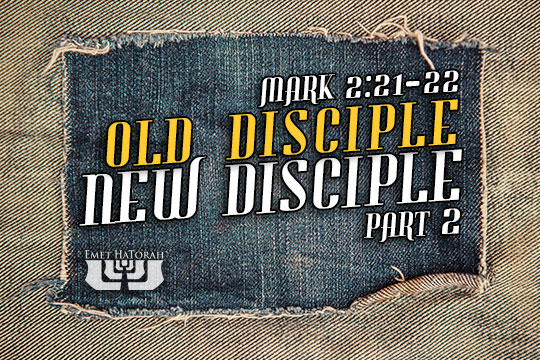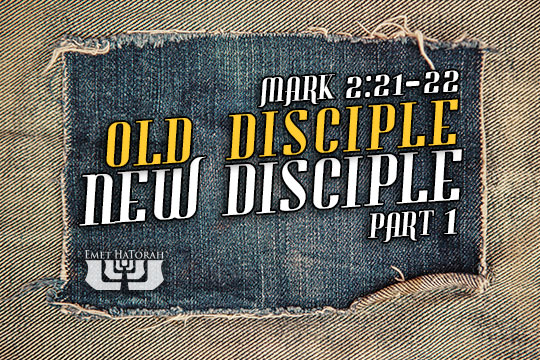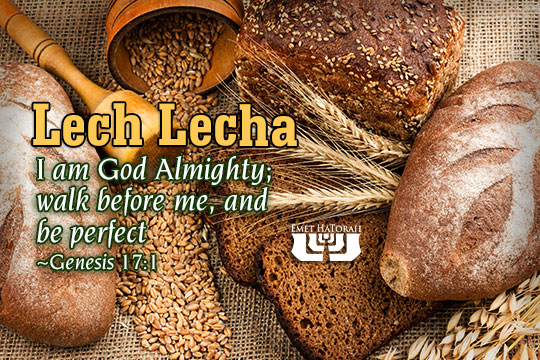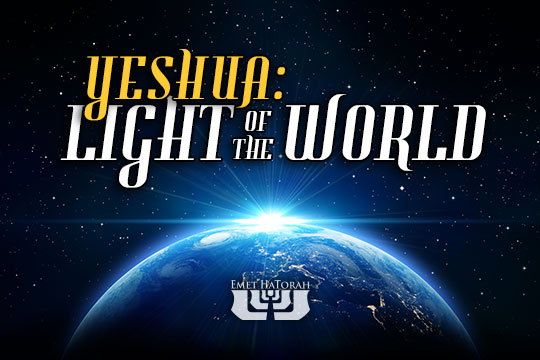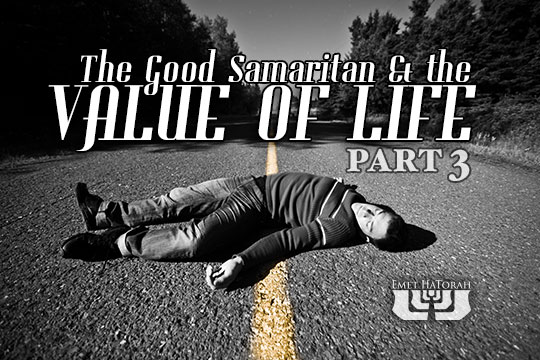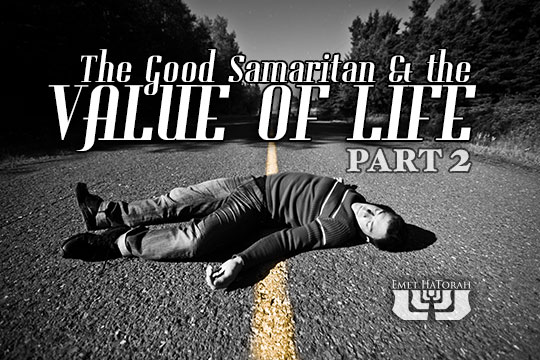Note: This Dust of the Master is a revised and updated version of an article from three years ago. Click here to read Part 1.
No one sews a piece of unshrunk cloth on an old garment. If he does, the patch tears away from it, the new from the old, and a worse tear is made. And no one puts new wine into old wineskins. If he does, the wine will burst the skins—and the wine is destroyed, and so are the skins. But new wine is for fresh wineskins. (Mark 2:21-22)

